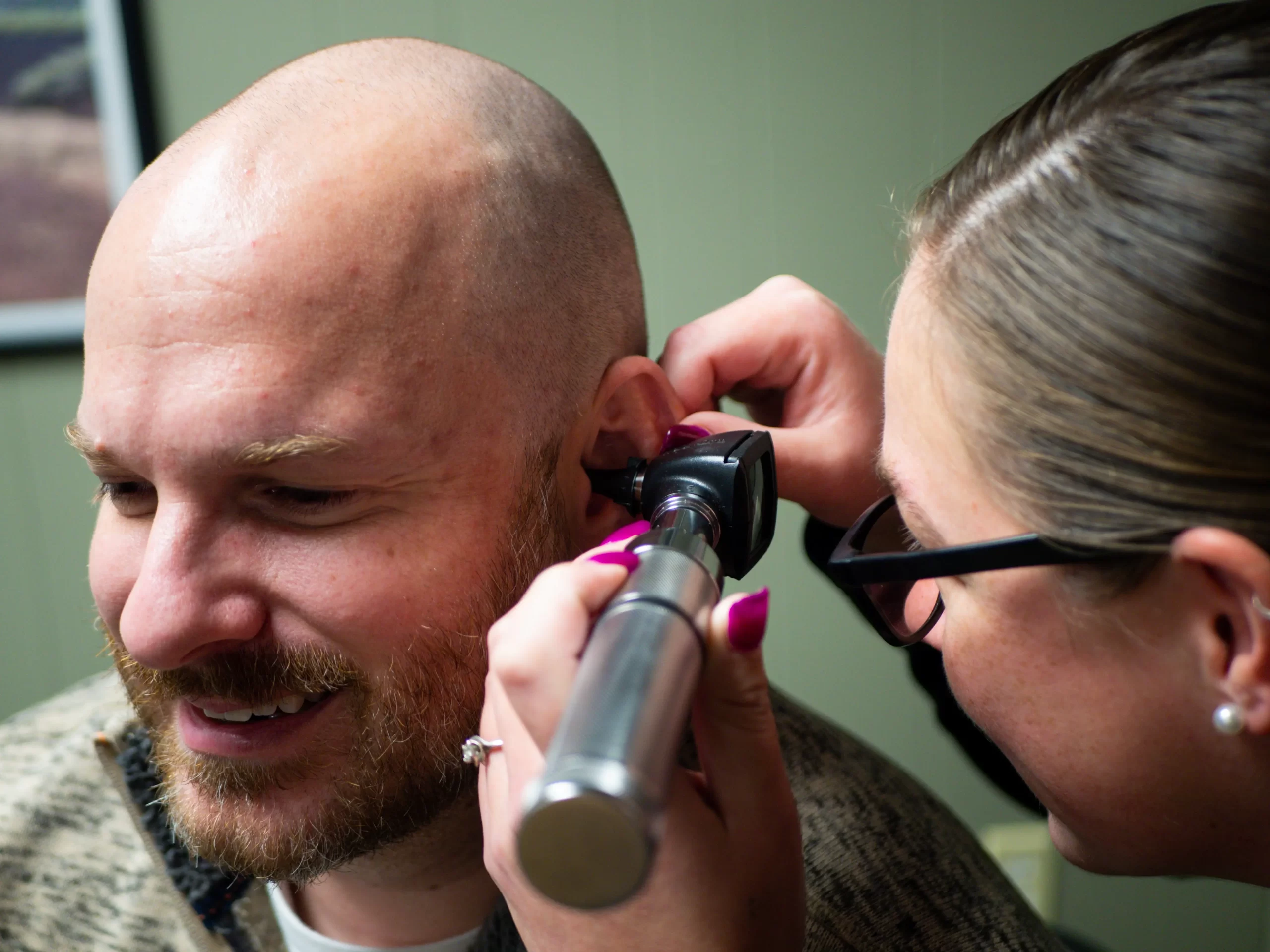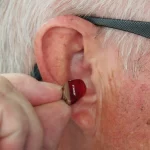Hearing loss can significantly impact one’s ability to perceive speech and sounds. It can be caused by various factors, including exposure to loud noises, age-related changes, or damage to the ear or auditory nerves. While it may be challenging to avoid all potential sources of hearing loss, understanding the impact of loud noises and taking preventive measures can help mitigate the risk.
Effective Strategies to Prevent Hearing Loss
Related Topics (Sponsored Ads):

The Inner Ear and How Loud Noises Affect It:
The inner ear plays a crucial role in the process of hearing. It contains the cochlea, a fluid-filled structure responsible for detecting sound. Inside the cochlea are tiny hair cells called stereocilia, which convert sound vibrations into electrical signals that are transmitted to the brain.
When exposed to loud noises, particularly those with high intensity, the inner ear can suffer damage. This damage can result in:
- Impairment of cells and membranes in the cochlea
- Death of stereocilia due to excessive stimulation
These damages to the inner ear can lead to hearing loss, which may progress gradually if the exposure to loud noises continues. It is essential to understand the impact of loud noises on hearing and adopt preventive measures to protect your hearing.
Preventing Hearing Loss:
Here are some effective steps you can take to prevent hearing loss caused by loud noises:
- Avoidance of Loud Noises: The best way to protect your hearing is to avoid exposure to loud noises whenever possible. If you notice signs like increased pitch in your voice, difficulty hearing others nearby, intermittent ringing in your ears, or a feeling of blockage after being in a loud environment, it is crucial to reduce your exposure to these noises.
- Protection During Loud Events and Activities: When attending concerts, nightclubs, or sports games where loud noises are prevalent, take measures to protect your ears. Stay away from the speakers or use hearing protectors such as earplugs to reduce the sound entering your ears. It is also advisable to give your ears a break by taking intermittent breaks from the noise and allowing them at least 18 hours of rest after exposure to loud noises.
- Monitor Volume Levels: Pay attention to the volume level of music or other sounds you listen to through headphones or earphones. Avoid setting the volume above 60%, use noise-canceling earphones or headphones, and take regular breaks of at least five minutes every hour to give your ears some respite.
- Regular Hearing Tests: Regular hearing tests are essential, especially for individuals exposed to loud sounds in their workplaces, such as musicians or industrial workers. Early detection of hearing loss can lead to timely intervention and management.
By understanding the impact of loud noises on hearing and implementing preventive measures, you can significantly reduce the risk of hearing loss. While it may not be possible to avoid all loud noises, taking these steps will help safeguard your hearing health in the long run.
Remember, your hearing is a precious sense that deserves protection. Prioritize your hearing health by incorporating these preventive measures into your lifestyle.










